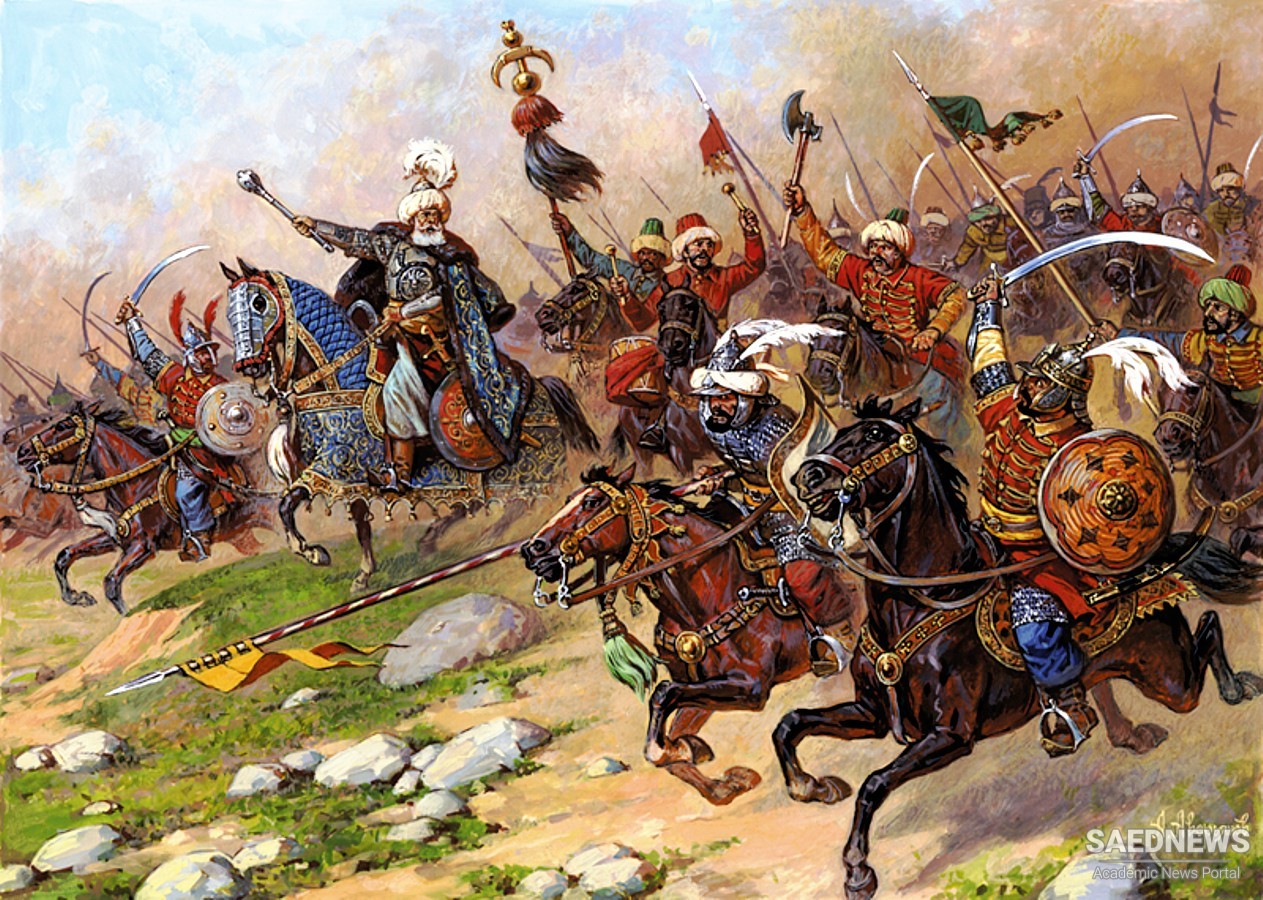The early conflicts and wars with the Ottoman Empire were in principle the result of Shia and Sunni sectarian antagonism. The Shfi doctrine was feared in Turkey before Shah Ismail took power. In the fifteenth century after Ismail’s father had been killed, two of his adherents entered Turkey and for a time stayed as hermits in the wild mountainous region of the south. These two, Hasan Khalifah and Karabiik, were not the only Shfi partisans who entered the Ottoman Empire; many others were scattered throughout the country. But these two figures were considered “pious" leaders. In 1502 it was rumored in Istanbul that five hundred ShTi partisans were in the city, and for five days all gates were closed to prevent their escape and to facilitate their capture. Of the two leaders, Karabiik, or Shah Qulu, was particularly active in the province of Tekke and in the city of Antalya. From there and from the whole of Anatolia, groups of Shia partisans were deported to Greece and Albania in keeping with a program of persecution that had already begun. Turkish rulers feared not only the Shia adherents actually in their territory but also the religious appeal of Shah Ismail to residents of Turkey. Shah Ismail belonged to the Baktashi order of dervishes, to which the janissaries also belonged. Because he feared the ideological appeal of the Shah in Turkey, Bayezid, the Turkish Sultan, in 1501 issued an edict “falsely stating" that Shah Ismail was dead. This “rather nonsensical bit of psychological diplomacy" having produced no result, the Turkish Sultan made friendly gestures toward the Shah.12 In 1504, for example, Sultan Bayezid dispatched an ambassador to congratulate the Shah on the conquest of Fars and Iraq. Subsequently the Shah assured the Sultan that Ottoman lands and troops would be respected, but mutual suspicion did not subside as the result of these reassurances (Source: The Foreign Policy of Iran).


 Role of Foreign Policy in Consolidation of Nascent Iranian State
Role of Foreign Policy in Consolidation of Nascent Iranian State














































